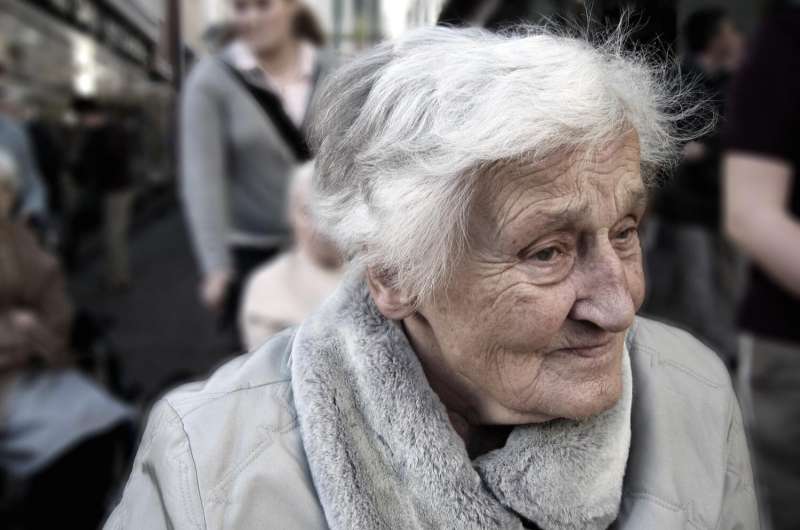November 17, 2016 report
Mobile game designed to help better understand dementia on a massive scale

(Medical Xpress)—A mobile phone app called Sea Hero Quest designed by researchers at Alzheimer's Research UK, Deutsche Telekom, University College London, the University of East Anglia and game designer Glitchers has reportedly been downloaded and played by approximately 2.4 million people around the world, giving researchers unprecedented amounts of data regarding dementia. Dr. Hugo Spiers, with University College London gave a presentation to an audience at this year's Neuroscience 2016 outlining findings by the team thus far. In addition to citing statistics garnered from the game, he also suggested that the work by the team represents the largest study ever conducted on dementia, offering accuracy that greatly exceeds any other experiments conducted in the field to date.
The game offers users the ability to assume the persona of a boat captain who has lost his memory but must navigate through mazes and misty scenes to reach various destinations. Players must demonstrate strong navigation skills to become proficient at the game—the researchers note that losing the ability to navigate (spatial awareness) is one of the first signs of the onset of dementia.
To play the game, players must first submit background data, which has allowed the researchers to compile a massive database that they have used to compare skill levels among different groups of people.
Remarkably, they found that navigation skills appear to peak in the late teens and then go downhill from there—19-year-old players, for example, were found to be 74 percent accurate. By age 30, the accuracy rate fell to 71 percent, then to 66 percent for 40-year olds and to just 46 percent for those 75 and older. Interestingly, the researchers also found that there were geographical differences as well—people living in Nordic countries were better at the game than those living anywhere else—and there were gender differences, too, with males scoring better than females—video-gamers also tended to do better than non-gamers.
Thus far, the researchers report, testing has been mainly restricted to the general population, but they believe that with such a large dataset available for comparison purposes, the game might soon serve as an early dementia diagnostic tool.
More information: www.seaheroquest.com/en/
© 2016 Medical Xpress


















